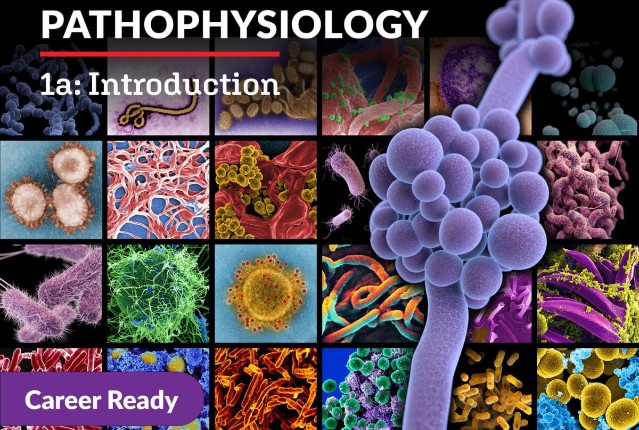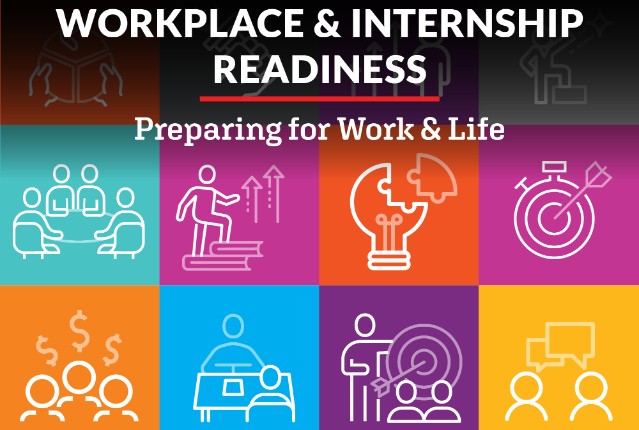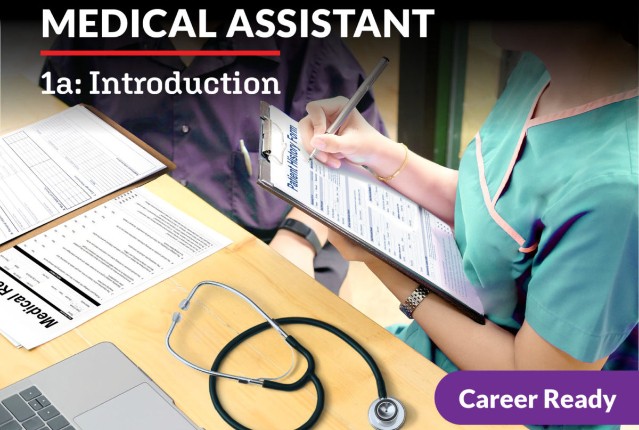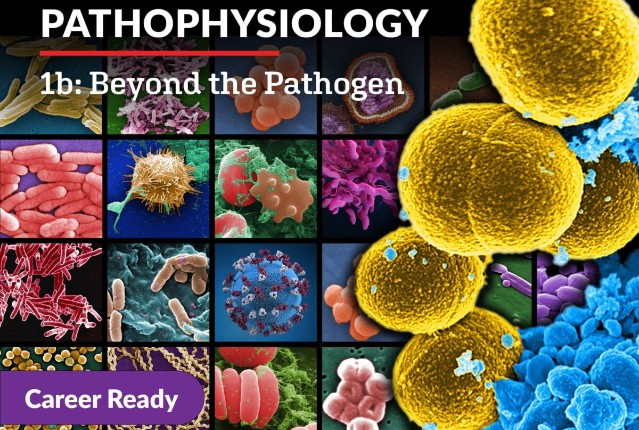
Pathophysiology 1a: Introduction
It takes the mind of a detective to uncover the cause of disease, and this is where your investigative brain and desire to heal people comes in! In this course, you’ll build foundational knowledge needed to understand disease in all forms along with signs, symptoms, and prevention. You’ll learn how medical professionals arrive at the right diagnosis that leads to proper treatment and a successful outcome. You’ll also sharpen your sleuthing skills learning how to collect and work with data, develop and test hypotheses, and design a study, and you’ll even research potential STEM careers! Grab your detective hat and get ready to explore the tiny world of pathogens.
Review course outlineAccess for a year
USD 299.00*
* Choose more courses to get a discount



